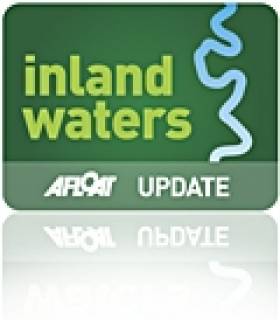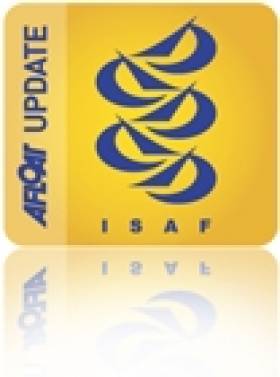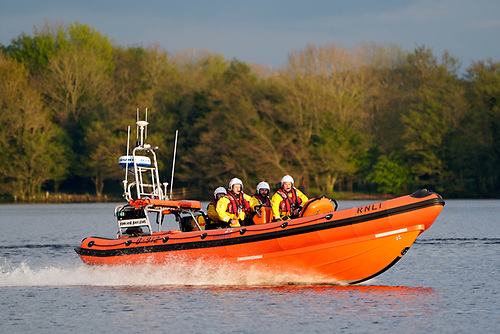Displaying items by tag: bidding
Bidding Begins for Shannon Harbour Houseboat Berths
#SHANNON - Waterways Ireland has just released details of its scheme for renting berths for houseboats on the Grand Canal at Shannon Harbour.
Under the scheme, boaters can rent one of eight fully-serviced berths for their houseboat on a 12-month extended term licence running from 15 March 2012 to 14 March 2013.
Amenities on-site include electricity supply, access to pumps and clean water, shower facilities and limited car parking. Pre-paid smart cards are required to utilise some facilities.
As space is limited, the berths will go to the highest bidders, with the minimum acceptable bid set at €1,250 (a security deposit of €250 is required).
It is expected that licence holders will live on board their vessels as their main residence. Winning bidders are also expected to arrange their own refuse collection from the site.
The closing date for bids is 23 February 2012. The Waterways Ireland website has the application form plus more information about the scheme and details of the licence agreement.
World Match Race Tour Invites Bids for Venues
The ISAF World Match Racing Tour (WMRT), sailing's global match racing tour, has today opened the bidding process for cities, regions and countries from around the globe to enter the race for the right to host a stage of sailing's leading world series.
WMRT is an exciting and spectator friendly discipline with leading skippers and their teams taking each other on in short, sharp, high adrenalin, head-to-head battles in identical boats. Recognised by the International Sailing Federation (ISAF) with special event status, WMRT is a professionally managed tour currently consisting of nine events worldwide. The Tour culminates in the crowning of a World Champion.
The bidding process, which will be managed by venue acquisition consultancy Regatta International, will see six new venues selected to join the Tour from the 2012-2013 seasons. The new venues will win the right to hold a World Championship stage, each lasting for 5 days.
Cities, countries and regions interested in finding out more about WMRT, the benefits associated with being a host venue, and what the application process is, can find full details and register their interest at http://application.wmrt.com/.
Commenting on the opening of the bidding process, WMRT CEO Jim O'Toole commented, "The World Match Racing Tour is a well proven marketing platform for destinations wishing to showcase their facilities, infrastructure and organisational capacities, increase their international tourism profile and attract inward investment.
"We are currently undergoing an intense period of expansion and are looking forward to partnering with venues who share our ambition. We have already fielded strong levels of interest from potential venues and by opening up the bidding process we'll be requiring bidding venues to meet certain criteria.
"These will range from essential requirements such as proving they can ensure good winds, to logistical, marketing and financial commitments, as well as guaranteeing they can provide the level of infrastructure associated with a world class level sporting event."
Regatta International's Director Terry Newby said, "The World Match Racing Tour is already one of sailing's most respected brands with outstanding events around the world. The opportunity to work with interested parties to develop the series to 15 stages by 2013 is a hugely exciting prospect.
"Over the past 10 years WMRT has developed into a very well organised series which attracts top class sailors while drawing a huge global audience and media footprint. The benefits for venues looking to host a stage are numerous, ranging from strong economic returns to developing international awareness. We look forward to collaborating with bidding cities to maximise their chances of success."






























































